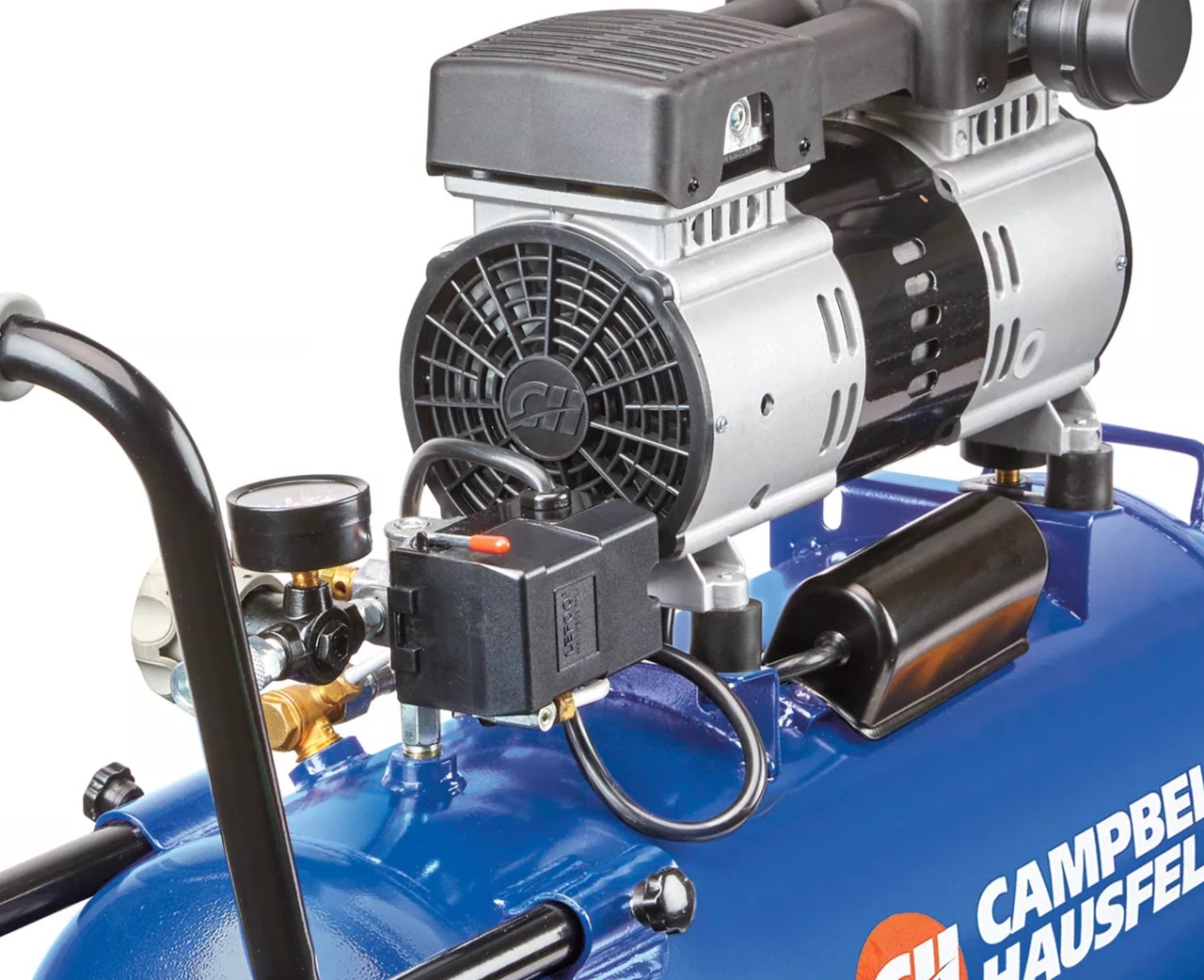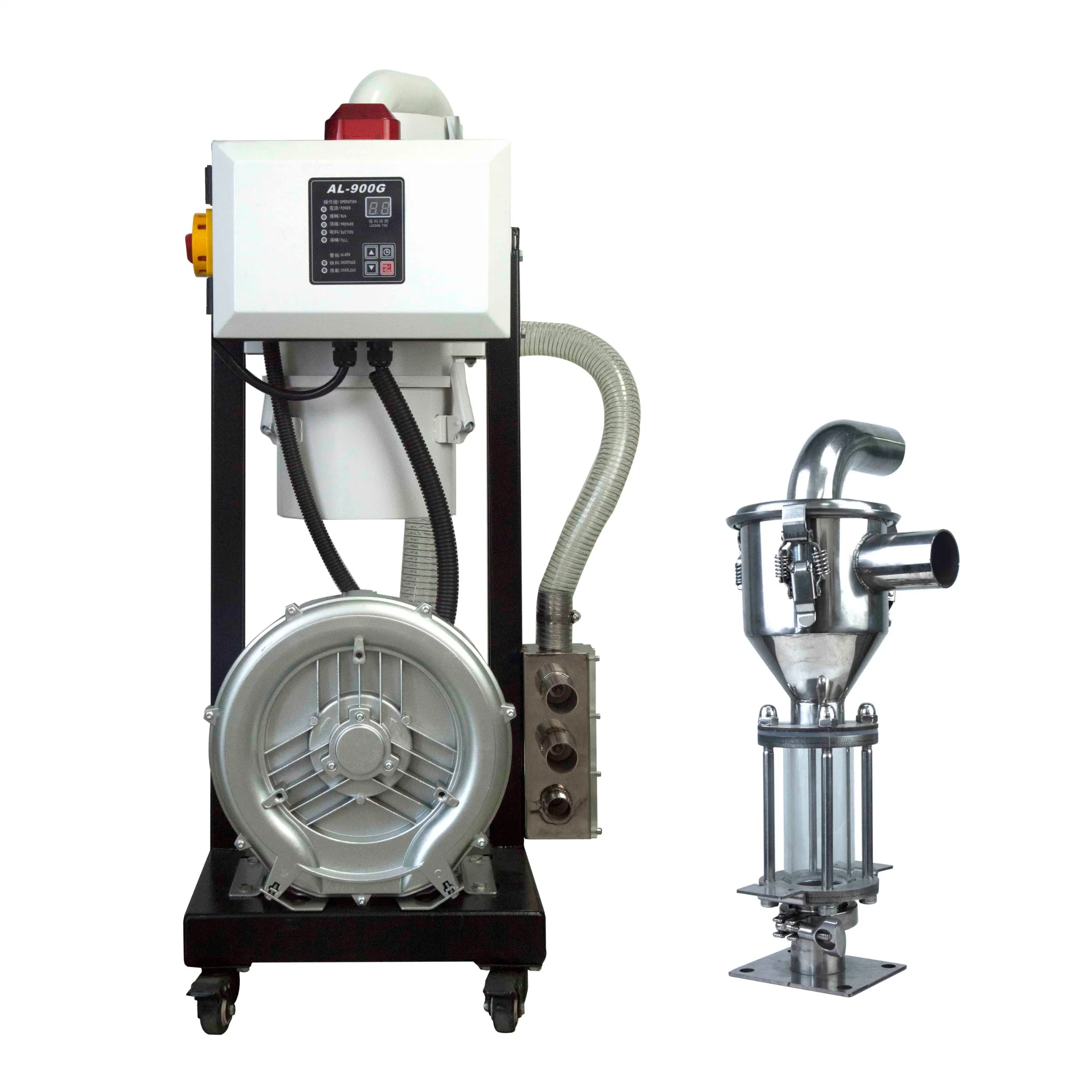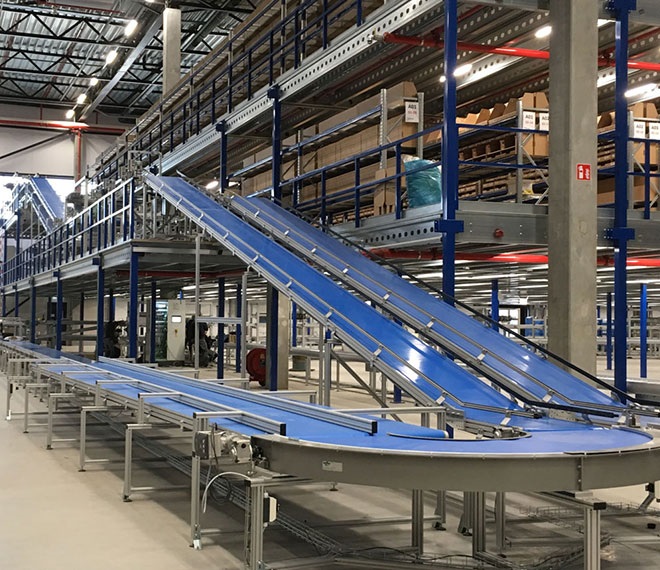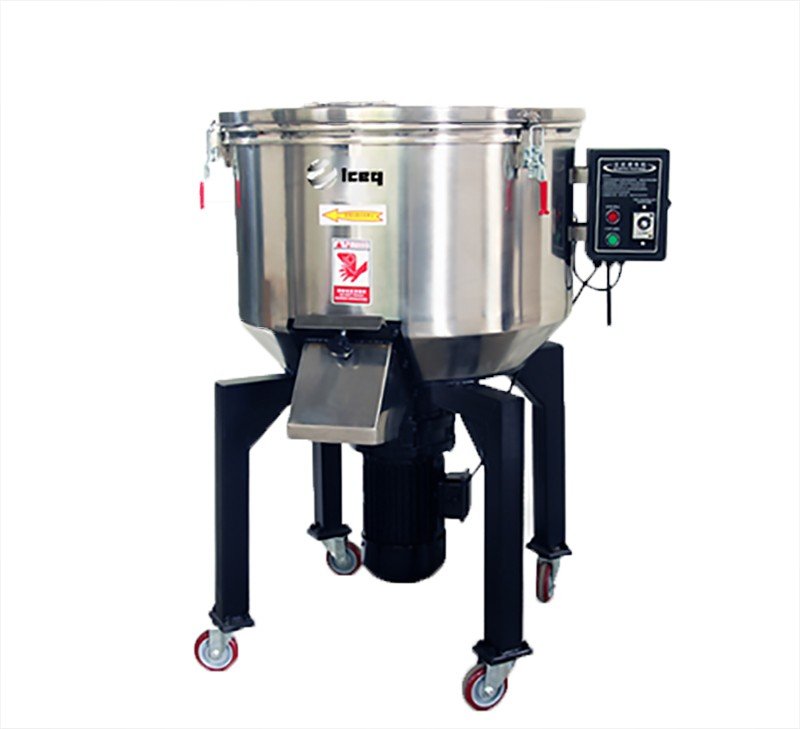Auxiliary machine
15% Cheaper than Alibaba
OEM/ODM Available
1 by 1 Quality Inspection
We Have Abundant Product Categories Ready for You
Whether you want stock or customized products, we can offer them.
Description of Auxiliary Machines
In the modern manufacturing world, auxiliary machines play a pivotal role in supporting primary production processes. These machines ensure smooth operations, enhance efficiency, and improve product quality. Whether you’re in the plastic processing industry or managing large-scale factories, auxiliary machines are essential to keep everything running seamlessly.
Discover how auxiliary machines enhance manufacturing efficiency and productivity. Learn everything about auxiliary machines, their types, and how to choose the right one.
What Are Auxiliary Machines?
Auxiliary machines are equipment designed to support and assist the primary production machines in a manufacturing process. They play a crucial role in improving production efficiency, ensuring smooth workflow, and maintaining high product quality. Unlike primary production machines, which are used directly in the creation of goods. auxiliary machines on the other hand assist in peripheral tasks such as material handling, cooling, drying, and recycling. Additionally, they support the production process by optimizing these essential operations.
Some common auxiliary machine include material loaders, chillers, dryers, and granulators. These machines are widely used in industries like plastic processing, automotive manufacturing, and food packaging, where seamless integration of processes is vital for productivity.
In summary, auxiliary machines are the unsung heroes of manufacturing, ensuring that everything works efficiently behind the scenes.
Importance of Auxiliary Machine in Manufacturing
Auxiliary machine are essential for enhancing production efficiency in any industry. Here’s why they are so important:
- Optimized Workflow: They reduce manual labor by automating tasks such as material feeding, cooling, or drying.
- Energy Efficiency: Auxiliary machine often help save energy by making processes like cooling or heating more efficient.
- Enhanced Product Quality: By automating crucial supporting tasks, auxiliary machines contribute to more consistent product quality.
- Reduced Downtime: With machines handling tasks like waste recycling or material conveying, downtime in production processes is minimized.
Whether it’s a large-scale factory or a smaller production setup, auxiliary machines contribute significantly to smoother, faster, and more efficient operations.
Common Types of Auxiliary Machines
Auxiliary machine come in various forms, each designed to handle a specific part of the production process. Below are some of the most common types:
- Material Loaders: These machines automatically feed raw materials into the main production machines, ensuring consistent supply.
- Chillers: Chillers are used to cool down machinery or products to maintain optimal operating temperatures.
- Dryers: Dryers are used to remove moisture from raw materials like plastic pellets, ensuring product quality.
- Granulators: These machines recycle plastic waste by breaking it down into reusable granules.
- Dehumidifiers: Dehumidifiers remove excess moisture from the air and are crucial in industries where humidity control is essential for product quality.
These auxiliary machines make the entire production process more efficient by automating key supporting tasks.
How Auxiliary Machine Improve Efficiency
The role of auxiliary machines in enhancing efficiency cannot be overstated. Here are some key ways they contribute to a more productive manufacturing environment:
- Automation of Manual Tasks: Tasks like loading raw materials or cooling products are automated, reducing the need for manual intervention and lowering labor costs.
- Faster Production: Auxiliary machine ensure the continuous operation of primary machines without interruptions, leading to faster production cycles.
- Consistency and Quality: By handling repetitive tasks with precision, auxiliary machine contribute to consistent product quality, reducing defects.
- Energy Savings: Many auxiliary machines are designed to operate with high energy efficiency, reducing overall operational costs.
Integrating auxiliary machines into your production process can not only significantly improve your output but also minimize errors and waste.
Key Features to Look for in Auxiliary Machine
When selecting an auxiliary machine, there are several features you need to consider to ensure you’re making the right choice for your specific needs:
- Energy Efficiency: Look for machines that are designed to save energy, as this will lower operational costs in the long run.
- Automation Capabilities: The more tasks a machine can automate, the more efficient your production line will be.
- Durability: Choose machines made from high-quality materials to ensure longevity and fewer maintenance requirements.
- Compatibility: Ensure the auxiliary machine is compatible with your primary machines to avoid any integration issues.
- Ease of Maintenance: Machines that are easy to maintain will save you time and reduce downtime.
A good auxiliary machine should not only serve its purpose. But more importantly, it should also contribute to the overall efficiency and sustainability of your production process. In addition, it should enhance productivity while promoting long-term operational improvements.
Related Questions and Answers
Q1: What industries use auxiliary machines?
Auxiliary machine are widely used in industries like plastic processing, automotive manufacturing, food packaging, and more.
Q2: Can auxiliary machines reduce energy costs?
Yes, many auxiliary machine are designed for energy efficiency, which can help reduce overall operational costs.
Q3: How do I choose the right auxiliary machine?
Consider factors like the type of primary machine you’re using, your production requirements, and the machine’s compatibility, efficiency, and durability.
Q4: Are auxiliary machines easy to maintain?
Most auxiliary machines are designed for easy maintenance. Though, this can vary based on the specific machine and manufacturer.
Auxiliary Machines Buying Guide
Choosing the right auxiliary machine is crucial for optimizing your production process. Here’s a simple buying guide to help you make the best decision:
- Identify Your Needs: First and foremost, determine the specific tasks you need to automate or improve in your production line, such as material loading or cooling. Additionally, consider any areas where efficiency could be enhanced or where bottlenecks may occur.
- Consider the Machine’s Capacity: Ensure the machine you choose can handle the required capacity for your production needs.
- Check for Energy Efficiency: Opt for machines with energy-saving features to reduce your long-term operational costs.
- Evaluate Brand Reputation: Stick to well-known brands or manufacturers with a strong reputation for reliability and customer support.
- Compare Prices: Although price is important, it’s equally crucial not to compromise on quality. Furthermore, ensure you’re getting the best value for your investment. Look for a machine that offers the best value for your money.
Need More Product Categories?
We have more categories for you. If you can’t find the products you want above, just fill in the form and tell us what products you want to import from China.











